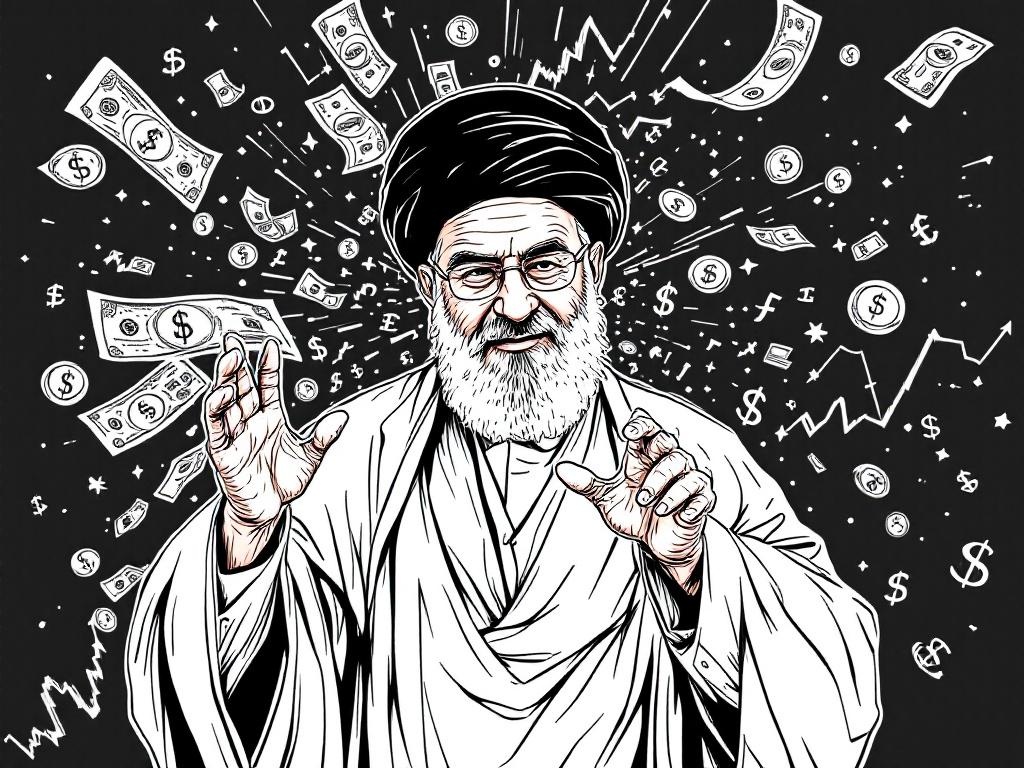Iran's Supreme Leader Warns of Future Strikes Amid Rising US-Iran Tensions

Tehran, Thursday, 26 June 2025.
Amid renewed US-Iran tensions, Supreme Leader Khamenei hints at potential attacks on US bases following the recent US airstrikes, escalating fears of instability in the Middle East.
Rising Tensions in the Middle East
Recent escalations in the Middle East have exacerbated long-standing tensions between Iran and the United States. Iran’s Supreme Leader Ayatollah Ali Khamenei has issued a stern warning about the potential for future strikes targeting U.S. bases. This statement follows recent U.S. airstrikes on Iranian nuclear sites, which the Trump administration claimed obliterated Iran’s nuclear capabilities [1][3]. These developments occur against the backdrop of ongoing Israeli airstrikes in Gaza, which have resulted in significant casualties, further adding to the regional instability [2].
U.S. and Israeli Military Actions
The coordinated U.S. and Israeli strikes on Iran’s key nuclear facilities, such as Natanz and Fordow, have been dubbed ‘Operation Midnight Hammer.’ These attacks reportedly inflicted severe damage, although there is ongoing debate about the extent of the damage sustained by Iran’s nuclear program. The Pentagon and CIA have differing assessments, with initial reports suggesting the bombings set back the program by less than six months [3][5]. President Trump, however, has stated that the strikes have completely neutralized Iran’s capabilities, a claim met with skepticism by intelligence officials [5].
Iran’s Response and Implications
In response to the U.S. military actions, Iran has retaliated by attacking the Al Udeid Air Base in Qatar, one of the largest U.S. military installations in the Middle East. Such actions underscore Iran’s ability and willingness to engage directly with U.S. military assets in the region [6]. As tensions mount, there are growing concerns about the wider implications for regional stability, particularly given Iran’s threats of further attacks should U.S. aggression continue. These events could have significant impacts on global oil markets, with the potential for supply disruptions heightening market volatility [5][6].
Political Reactions and Future Outlook
Political leaders worldwide are closely monitoring the situation. In the United States, President Trump and Secretary of Defense Pete Hegseth are expected to address the ongoing military developments in an upcoming briefing. Iran’s Supreme Leader has declared a form of victory over Israel, despite the significant damage inflicted on Iranian military and nuclear capabilities by the recent strikes [1][3]. The international community remains on edge, as any further escalation could have far-reaching consequences, reshaping the geopolitical dynamics of the Middle East. Future actions by both Iran and the U.S. will play a critical role in determining whether tensions will intensify or subside [2][3].